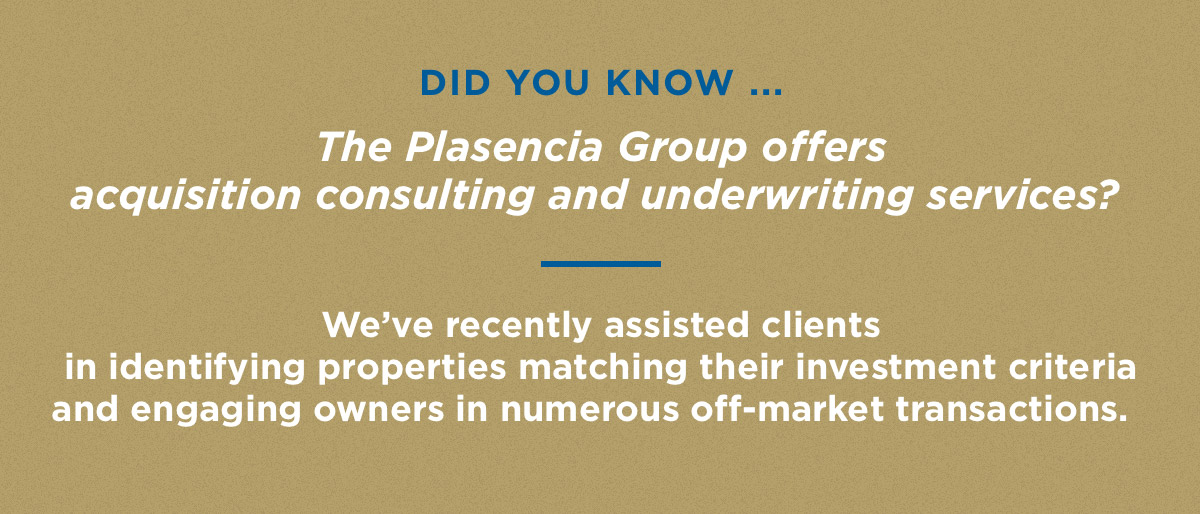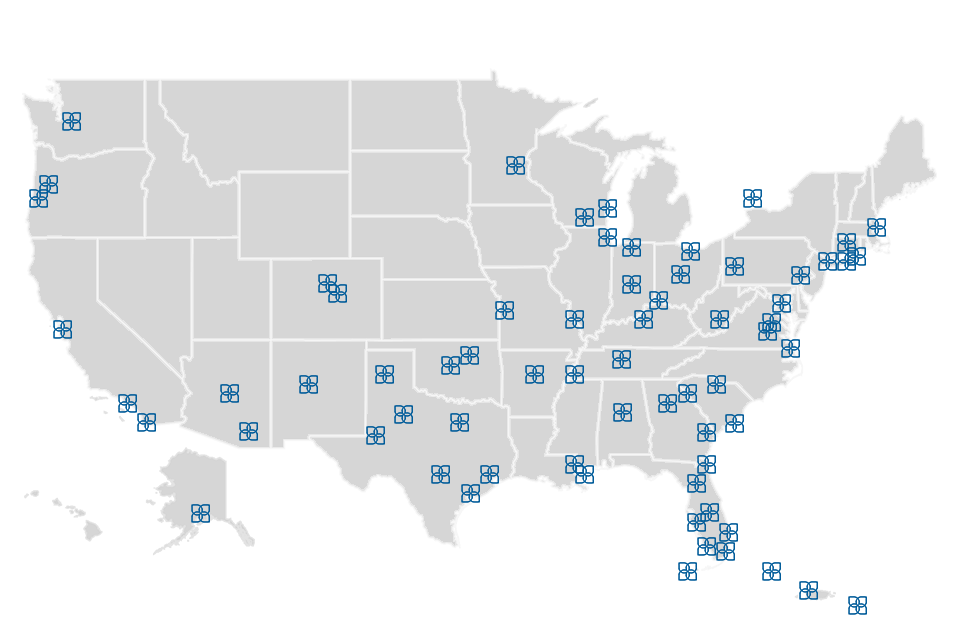Posted March 12, 2021
Early-recovery investments can prove to be disproportionately successful.
There is currently a bevy of potential investors with unprecedented levels of capital seeking hospitality real estate investment opportunities. Notably, the competition has been fierce for the few assets that have been widely marketed since March 2020. We’ve found that the deep-value discounts that many pundits predicted early in the pandemic crisis haven’t come to fruition as many lenders “extended and pretended”. In fact, many recently-sold assets have traded in a range within single-digit discounts to early 2020 values.
With many players on the sidelines eager to get into the game, what can investors do to ensure they get in on the widely anticipated travel rebound? We continue to field questions from our clients and industry friends regarding how to best compete for hotel and resort investment opportunities in the current environment. While there’s no universal approach, we present below a number of actionable steps and deliberate strategies that may help an interested purchaser stand apart from the rest. As you approach the competitive acquisition climate, consider the following points, some of which are subtle, yet still effective:
- Shorten the diligence and closing periods. As the adage goes, “time is money”, especially when a seller may be anxious to exit.
- Place earnest money at risk early in the process. A portion of your deposit, say 20%, could be forfeited after an initial, shortened due diligence period, with the balance of the deposit fully payable to the seller after a more thorough underwriting has been completed.
- Explore a preemptive offer. Making contact between principals as early as possible is often advantageous for both the seller and potential buyer. Offer a price premium or transaction terms that makes it worth the seller’s while to risk not going to market.
- Execute the confidentiality agreement in a timely manner, and limit your edits. Not only does this help to establish trust between parties early on, but it avoids both delays and fire drills in the underwriting and negotiation processes.
- Tour early and stay in touch. Becoming acquainted with the property and its surrounding market early on will help expedite underwriting measures and address questions or concerns. It also signals a serious interest to the seller. It is also important to communicate frequently with the advisor or principal, indicating your continued interest.
- Obtain internal committee approval for the transaction as early as possible. Call a special meeting if necessary and convey your firm’s approval to the seller. Pre-approved terms will allow you to move quickly once you are selected.
- Share estimates of your planned capital investment. Providing the seller with an estimate of your renovation or repositioning budget reflects your level of diligence and interest in the asset.
- Download information from the data room as files are added. Your prompt attention to information in a property data room demonstrates both prioritization and active and continued interest in the acquisition process.
- Remove any financing contingencies and identify a lender in advance. Share the lender’s contact information and encourage a call with the seller once the financing relationship is secured. If your plan is an all-cash purchase or to use existing lines of credit to close the transaction, let the seller know up front.
- Be open to seller financing. While traditional lenders often reassess their terms in response to changing market conditions, consider the option of seller financing when available. Well-capitalized sellers are often able to offer reasonable terms given the potentiality of taking back their asset if a buyer ultimately defaults.
- Make your best and final offer from the get-go. Put your best foot forward early in the process and stick to your number. A reputation in the marketplace for earnestness and acting in good faith is invaluable.
- Identify and involve an operating partner as early as possible. Ask the investment advisor for recommendations on management companies, if needed. Active engagement by the operator during the diligence and underwriting process is reflective of your genuine interest in the acquisition.
- Volunteer a list of your most recent closings, and when possible, highlight key lodging acquisitions. This will convey confidence that you’re a serious player. Include seller contact information.
Keep in mind that price isn’t always the deciding factor for a seller. Certainty in consummating the transaction without a great degree of difficulty or drama carries a great deal of weight, especially at a time when many owners and lenders are dealing with distressed assets. The terms of almost every transaction are as unique as the innumerable investment entities in the market today.
A multitude of factors goes into matching the most qualified purchaser with the asset being sold and its owner. Those factors have only been complicated by the COVID-19 pandemic. While there’s no “secret sauce” to closing a deal more swiftly than the last one right now, selecting the right advisor to guide you through the process is typically an important advantage unto its own. We would be thrilled to have the pleasure of assisting you with your lodging investment and consulting needs, whether acquiring a property, preparing for a disposition, refinancing or even managing an asset you plan to keep for a while. For more information on our full suite of services, please give us a call at (813) 932-1234.



